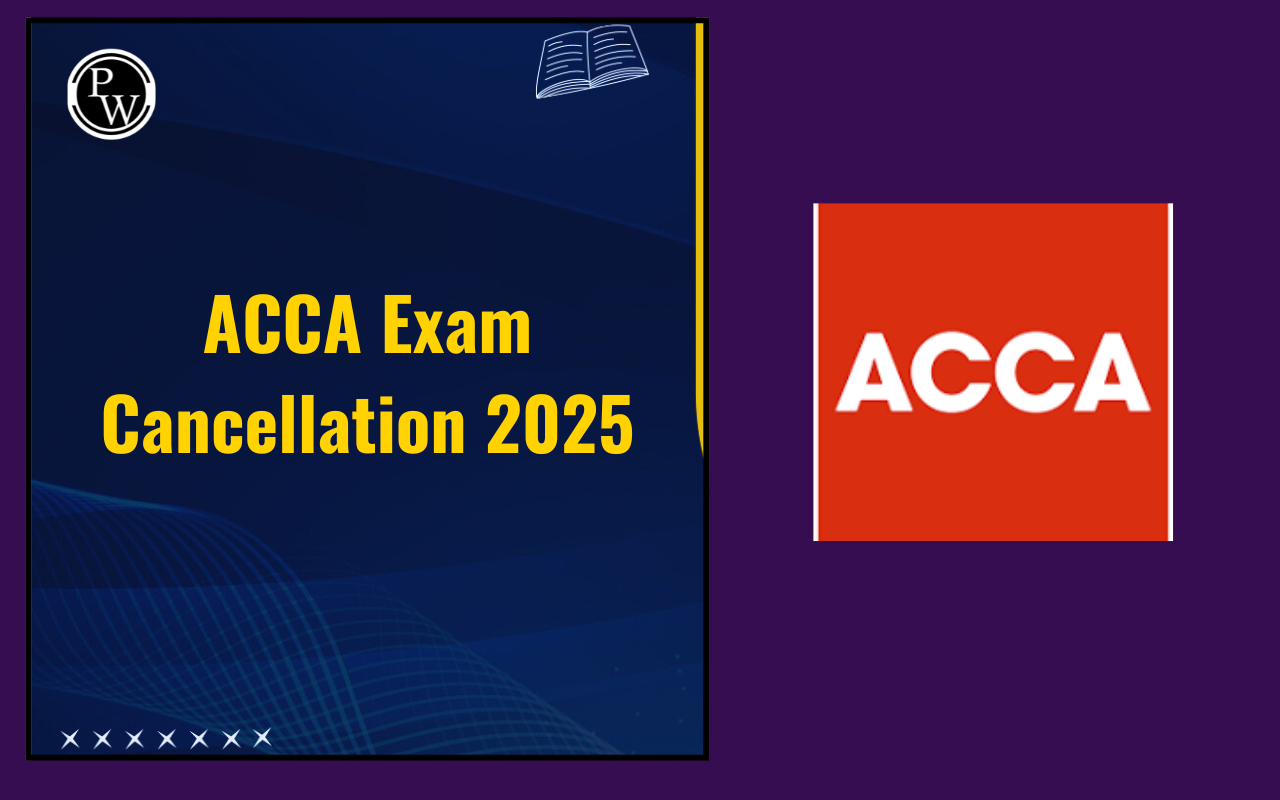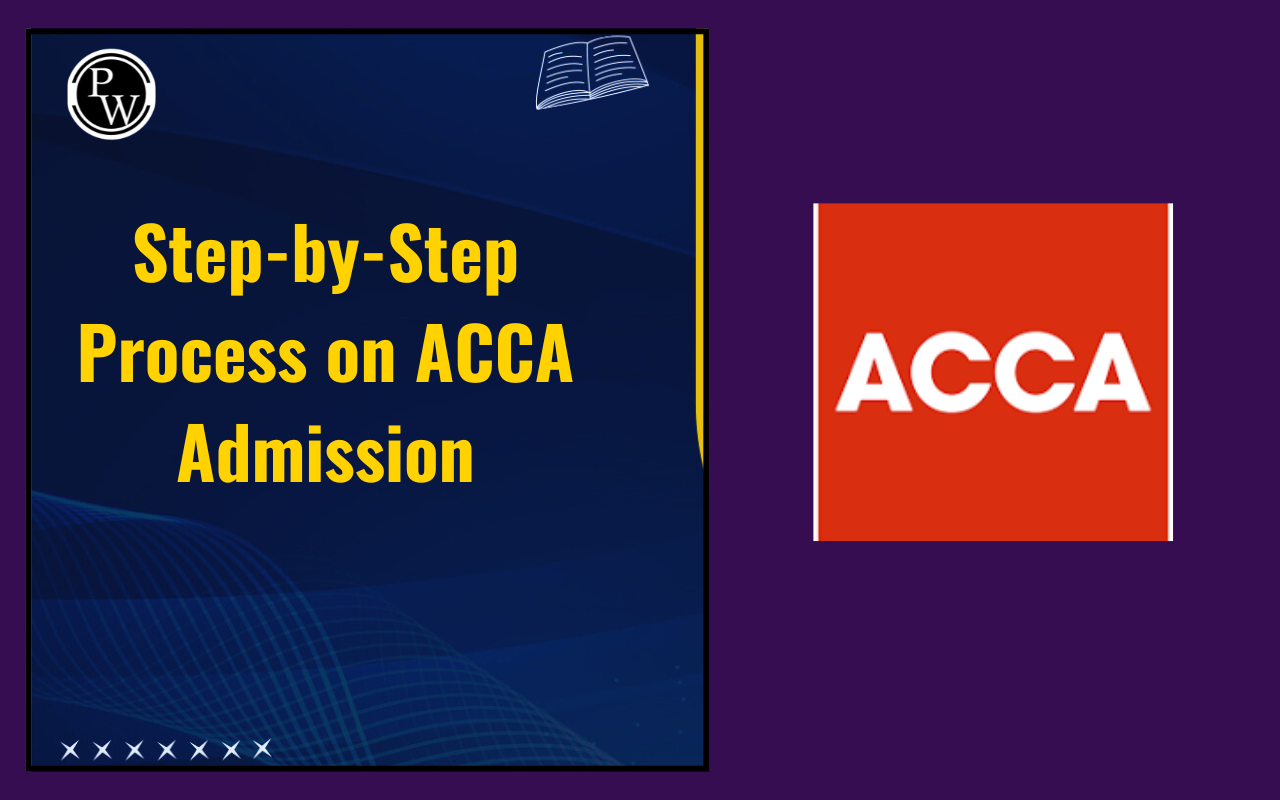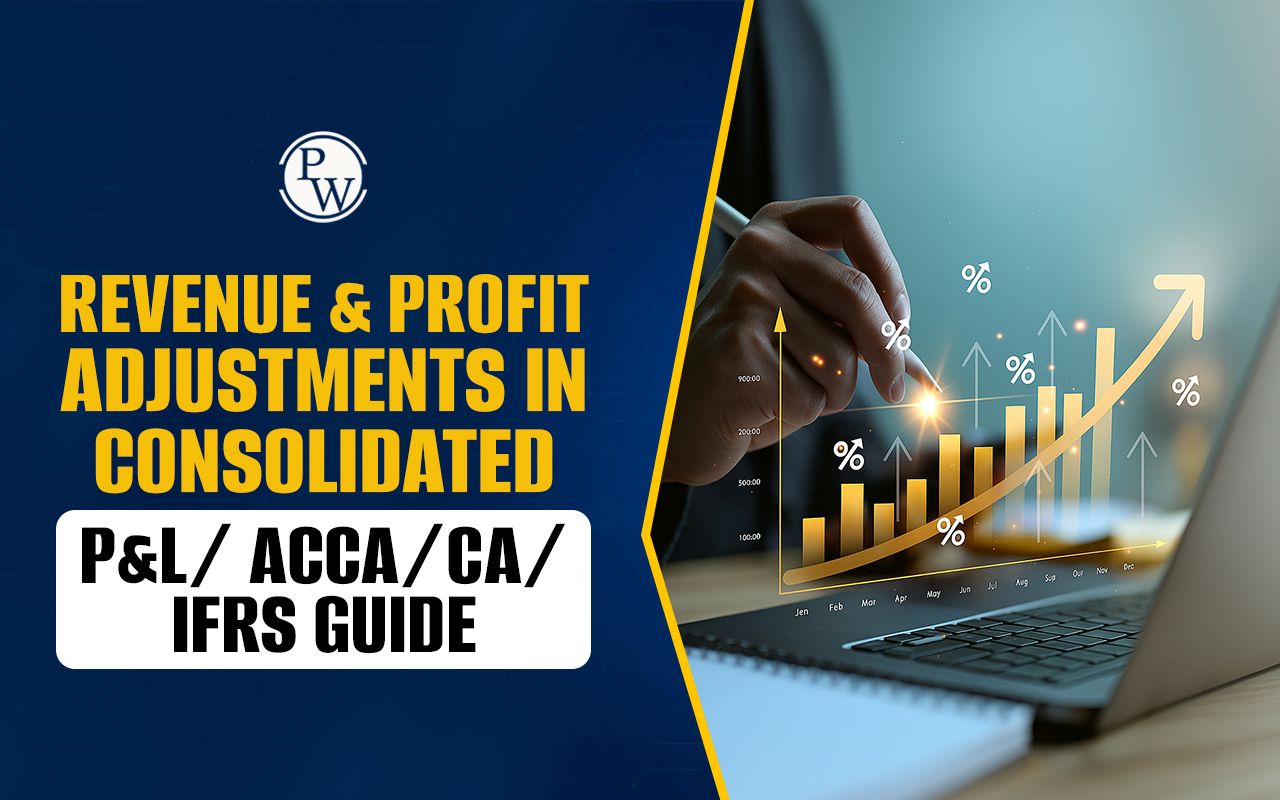
Students aspiring to excel in finance and accounting often look for pathways that offer both depth and versatility. One of the most powerful combinations that aspiring professionals can pursue is ACCA with B.Com.
This integrated approach not only strengthens foundational knowledge but also equips candidates with internationally recognized professional qualifications. Here, we will explore what ACCA with B.Com means, its eligibility criteria, the benefits of combining these qualifications, and the extensive career scope it offers.
What is ACCA with B.Com?
The term ACCA with B.Com refers to the combined educational pathway of pursuing a Bachelor of Commerce (B.Com) degree alongside the Association of Chartered Certified Accountants (ACCA) professional qualification.
While B.Com provides a broad and solid foundation in commerce, finance, and business management, the ACCA qualification adds a specialized professional edge by developing advanced accounting, auditing, and financial management skills.
This dual qualification model is designed to empower students with a unique blend of academic knowledge and practical expertise, ensuring they are well-prepared for the dynamic demands of the finance and accounting industry on a global scale. By integrating the two, students can accelerate their career growth and improve their employability in both local and international job markets.
Eligibility Criteria for Pursuing ACCA with B.Com
To start the journey of ACCA with B.Com, candidates must fulfill certain eligibility requirements:
Academic Background: Typically, candidates should have completed their higher secondary education (Class 12) with a focus on commerce subjects. Certain universities or institutions may also stipulate minimum percentage requirements.
Enrollment or Completion of B.Com: Candidates should either be enrolled in or have completed a B.Com degree, ensuring they possess a foundational understanding of business, finance, and commerce.
Registration with ACCA: To pursue the ACCA qualification alongside or after the B.Com degree, candidates must register with the ACCA body, which involves submitting an application and paying the relevant registration fees.
English Proficiency: Since ACCA examinations are conducted in English, proficiency in the language is mandatory to ensure success in both study and exams.
These criteria establish a baseline for students to successfully integrate both academic and professional training.
Benefits of Combining ACCA with B.Com
The decision to pursue ACCA with B.Com yields several significant advantages:
Accelerated Career Progression
Many B.Com subjects overlap with ACCA syllabus topics, making students eligible for exemptions from certain ACCA papers. This reduces the time and effort required to complete the ACCA qualification, thereby fast-tracking career entry into the professional accounting world.
Cost-Effectiveness
Since exemptions shorten the ACCA syllabus, students save on tuition fees and reduce study time, making the combined course economically beneficial.
International Recognition and Global Opportunities
ACCA holds accreditation in over 180 countries, making it a globally recognized qualification. When combined with a B.Com degree that builds local business acumen, students gain a competitive edge in securing roles internationally.
Diverse Career Options
Graduates with ACCA with B.Com open themselves to a wide array of career paths, including auditing, taxation, financial management, consulting, and more. The breadth of knowledge from B.Com paired with ACCA’s specialization enables candidates to excel in varied domains.
Practical and Theoretical Expertise
While B.Com offers strong academic grounding, ACCA focuses on real-world applications and practical skills, ensuring students graduate as job-ready professionals.
Enhanced Earning Potential
Employers highly value ACCA-qualified professionals, and when combined with a B.Com degree, individuals stand out as attractive candidates for premium roles with lucrative salary packages.
Flexible Study Options
Students can pursue this combination through various modes such as online courses, part-time study, or traditional classroom settings, allowing them to balance education with personal and professional commitments.
Also Check: How to Get an ACCA Scholarship in 2025?
Scope of ACCA After Completing B.Com
The scope of pursuing ACCA with B.Com is vast and promising:
Global Job Market Access
With ACCA’s worldwide recognition, students gain access to employment opportunities in multinational corporations, international accounting firms, and financial institutions.
Leadership and Managerial Roles
The strategic knowledge and professional expertise acquired enable graduates to aspire for senior roles such as Finance Manager, Chief Financial Officer (CFO), Audit Manager, and more.
Further Specialization and Education
An ACCA qualification combined with B.Com serves as a stepping stone toward advanced degrees like an MBA or specialized certifications such as CPA or CFA, further enhancing career prospects.
Public and Private Sector Opportunities
Graduates can opt for careers in government agencies, public sector units, non-governmental organizations (NGOs), or the private sector, showcasing their versatility.
Consulting and Advisory Positions
ACCA professionals often become trusted advisors in financial planning, risk management, compliance, and business consulting, areas that demand analytical rigor and strategic thinking.
How to Maximize Your Success with ACCA and B.Com?
To truly benefit from the ACCA with B.Com combination, students should:
-
Plan their study schedule effectively, balancing both academic and professional requirements.
-
Leverage exemptions offered by ACCA to reduce the number of papers and focus on challenging subjects.
-
Seek practical internships to gain hands-on experience.
-
Utilize online resources and coaching to prepare for ACCA exams.
-
Network with industry professionals and alumni for mentorship and guidance.
| Also Check: |
| How To Self-Study For ACCA? |
| Can You Finish ACCA in Two Years? |
| Is ACCA Easy to Crack? |
| Can Indian ACCA Work In Other Countries? |
ACCA with B.Com FAQs
Can I pursue ACCA simultaneously while studying B.Com?
Are there any exemptions in ACCA papers for B.Com graduates?
Is English proficiency mandatory for ACCA with B.Com?
Can I pursue higher studies after ACCA with B.Com?














